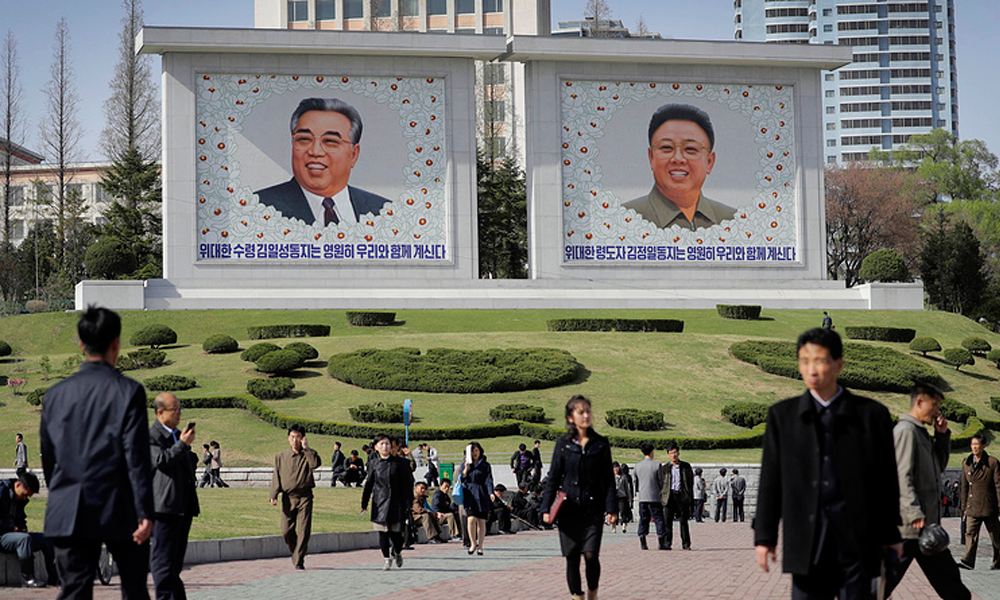According to a survey, 50% of the respondents said the US, on the other hand, posed a threat to Russia related with the risk of using weapons of mass destruction
ore than half of Russians believe that North Korea’s weapons, should they ever materialize, will not pose a threat to Russia’s national interests, as follows from an opinion poll by the national pollster VCIOM.
Asked if North Korea’s possession of nuclear weapons might endanger Russia’s national interests, 52% of the polled answered in the negative, 39% in the affirmative and 9% remained undecided. In the meantime, 50% of the respondents said the United States posed a threat to Russia related with the risk of using weapons of mass destruction.
More than three quarters of Russians (81%) have heard about the risk North Korea might attack South Korea and the United States, with 39% regarding this possibility as real and 43% staying skeptical about North Korea’s potential and intention to deal such a strike.
As far as countries working on nuclear weapons are concerned, 41% of the polled suggested giving them a free hand, while 38% argued that they should be isolated from the world community in order to prevent another nuclear arms race. In a similar opinion poll in 2013 35% of the respondents shared the former opinion, and 50%, the latter.
In connection with the risk of a nuclear conflict in the Korean Peninsula most Russians denied support to either party, with 73% believing that Russia might participate as a go-between in negotiations and 19% being certain absolute non-interference would be the best option.
The poll was conducted by telephone on May 10-11, 2017. An audience of 1,200 respondents was polled. The maximum margin of error was no greater than 3.5% with 95% probability.
Tensions on the Korean Peninsula
The situation in the Korean Peninsula worsened after North Korea on April 16 carried out a test missile launch. The US Air Force said it was a failure. The missile exploded right after liftoff. On May 14 North Korea launched a new type of a ballistic missile from the area of the northwestern city of Kusong.
The missile flew about 800 kilometers and fell 400 kilometers away from Japan outside its economic zone.
UN Security Council resolutions prohibit North Korea from indulging in any activity related with the development of nuclear weapons or delivery vehicles. Pyongyang does not recognize the ban. It argues that against the backdrop of Washington’s hostile policies North Korea has the right to enhance its defenses.
